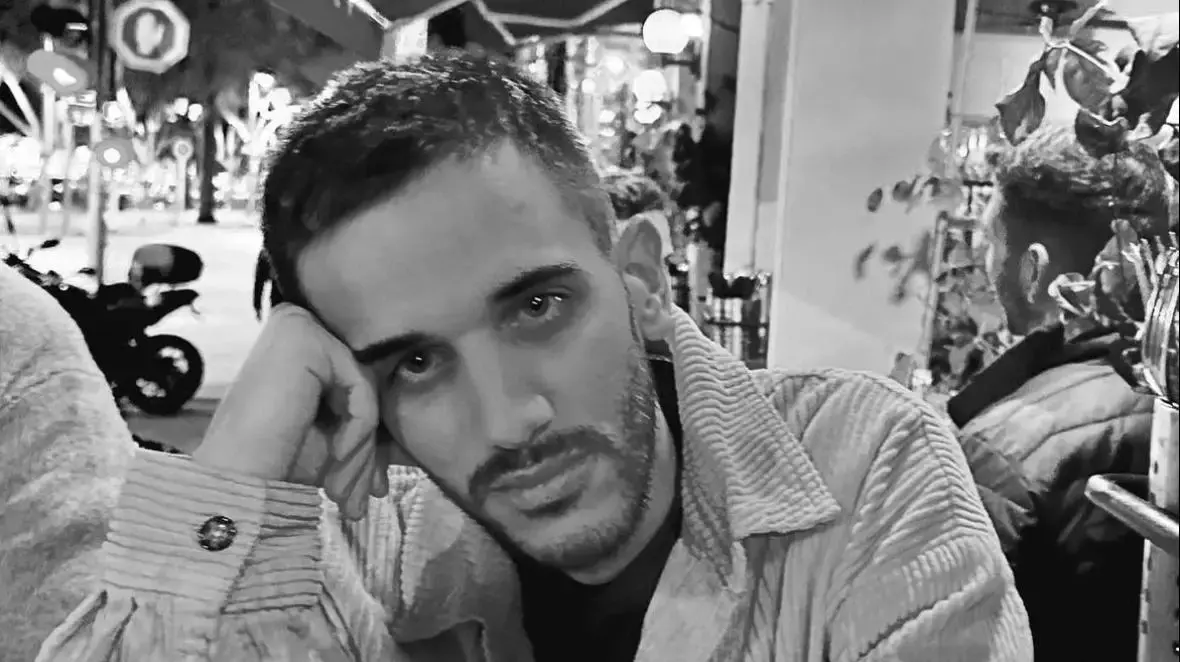health
psychology
There are several new types of OCD, and we are all exposed to them
There are a lot of advantages to this digital world we live in, but it also has some significant drawbacks, ones that seep deep into our psyche.
So what is the connection between social networks and obsessive-compulsive disorder?
Here are the worrying details
Tags
OCD
Social Networks
Facebook
Instagram
psychology
Shelly Cohen
Thursday, August 19, 2021, 12:50 p.m.
Share on Facebook
Share on WhatsApp
Share on general
Share on general
Share on Twitter
Share on Email
0 comments
For over two decades the Internet and the digital world have had a significant impact on the habits and daily lives of all of us, in all areas.
One of the major changes that characterizes the digital age is the increasing use of social networks: Facebook, Instagram, Tiktok, Tinder and the list goes on.
More on Walla!
Why has everyone been obsessed with their smartphone lately?
To the full article
Various studies show that people spend on average every day for about 12 hours online and about 3 hours on social media.
The implications of these data on our lives are many, and studies published in recent years even indicate that they have an impact on the field of mental health.
One of the disorders that is affected by the digital age is OCD - obsessive compulsive disorder, and it has evolved into 3 new forms of expression.
DIGITAL OCD
Digital-obsessive-compulsive disorder manifests itself in obsessive use of the mobile phone and other digital devices and in the inability to put the cell phone aside for an extended period of time.
For example, we all check Instagram and Facebook and read emails, but people with digital OCD are unable to leave an unread alert, an email they did not respond to, or new posts on WhatsApp, as for them if they do something terrible may happen.
Able to leave an unread message?
Facebook (Photo: ShutterStock)
Another example is digital hoarding, which is expressed in the inability to say goodbye to any of the photos they took - even if there are 10 identical photos and some of them are even blurred, for fear that one day they may want to see them.
(Online Social Networks) OSN-OCD
Obsessive-compulsive disorder of social networks.
This type of OCD is expressed in an obsessive need for belonging through social networks and is accompanied by worry and fear of missing out on what is happening on social networks and that this miss may have catastrophic significance.
For example, we all check Facebook several times a day but people with this type of OCD have bothersome thoughts, for example: that while they are not on Facebook someone writes something bad about them and they are not there to delete or comment.
People with this type of OCD believe that as long as they are not connected to the network, a disaster can happen.
More on Walla!
Think you have an addictive personality?
You should read this
#Pedophilia: This is the most dangerous mistake parents make on social media
"Cave Syndrome": The mental phenomenon that has expanded under the auspices of the corona
Frozen shoulder?
Calcification?
Many problems that cause shoulder pain and one treatment that helps them all
FOMO-OCD (Fear Of Missing Out)
Obsessive-compulsive disorder and fear of missing out.
A combination of this OCD and FOMO leads to an uncontrollable fear of missing out, which happens in an obsessive and disturbing way.
The feeling of these people is that others are having satisfying experiences without them, that they have something they do not have, and they are suffering from insufficiency about the nature of their choices and what they have missed following those choices.
The doubt about your choices never stops pecking.
Young people stare at smartphone (Photo: ShutterStock)
For example, a man who after watching a tic-tac-toe of productive people gets up at 5am to do a fitness workout, eat breakfast, study, work out, meet up with friends at a restaurant, go through two bars and watch an episode of a series on Netflix.
In fact he creates an agenda where he tries to accomplish everything in order not to miss good things and God forbid not to be caught in his own eyes with a less interesting life than the one he saw in Tic Tac.
What loads this type of OCD is the frequency of use of social networks.
so what are we doing?
First, we will be aware that this type of OCD is significantly affected by digital.
It is advisable to make a list and examine what things you are doing obsessively and compulsively and are unable to stop even when you decide you want to.
For example - are you able not to touch your cell phone for a whole day, or not to enter Instagram for three months?
With this list it is advisable to work with a cognitive behavioral therapist - CBT - in order to reach a state where you are able to do these things out of conscious choice and not out of annoying and compulsive fear, thus restoring balance to your life.
Shelly Cohen is a doctoral student in clinical psychology, psychotherapist, behavioral and cognitive therapist, a member of the SOMEBUDDY community of therapists, a site for searching and customizing psychologists and therapists in the field of mental health, personal, business and professional development.
Share on Facebook
Share on WhatsApp
Share on general
Share on general
Share on Twitter
Share on Email
0 comments















